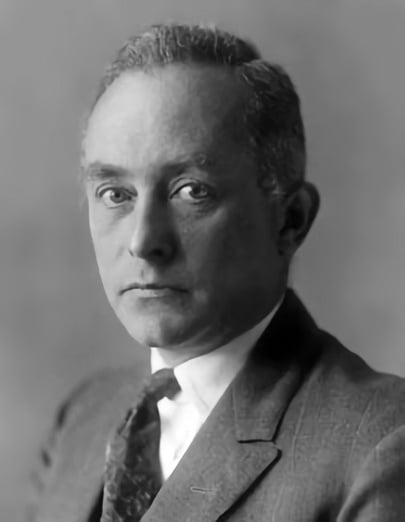
When word spread that actress and singer Olivia Newton-John passed away at the age of 73 people took to social media to share her lesser known Jewish story.
The great-granddaughter of revered German jurist Victor Ehrenberg and the granddaughter of Nobel Prize–winning physicist Max Born, Olivia Newton-John was the daughter of a German Jewish refugee who fled to the UK just before World War II. pic.twitter.com/6H8II6Z5Yo
— John Nichols (@NicholsUprising) August 8, 2022
Newton-John’s maternal grandfather was Nobel Prize-winning German-Jewish physicist Max Born who was forced to leave Germany in 1933 with the rise of the Nazi party. He eventually immigrated to the United Kingdom and even became close friends with Albert Einstein.
“In 1933, my Jewish grandfather fled from Germany with his wife, Hedwig, to escape Hitler’s regime. He was not only a brilliant mind but also a humanitarian who helped Jews escape Germany. I’m extremely proud of my peace-loving grandfather,” Newton-John wrote in her memoir released in 2019.
Newton-John’s maternal grandmother was of paternal Jewish ancestry as well. “My mother was very proud of her Jewish heritage and talked about it a lot,” she said in a 2019 interview with i24 News.
Newton-John’s father was a British intelligence officer during the war and helped take Deputy Führer Rudolf Hess into custody; and her maternal great-grandfather, Victor Ehrenberg, was a famous German-Jewish writer and historian.
Max Born

Max Born, the maternal grandfather of Olivia Newton-John, was born in 1882 in Breslau, then-Germany (today Poland), and is known for his substantial contributions to the fields of physics and mathematics. In fact, Born was very close friends with another famous Jewish physicist, Albert Einstein.
In a letter written to Born in 1926, Einstein made his famous “God does not play dice” remark regarding quantum mechanics:
“Quantum mechanics is certainly imposing. But an inner voice tells me that it is not yet the real thing. The theory says a lot, but does not really bring us any closer to the secret of the ‘old one’. I, at any rate, am convinced that He is not playing at dice,” the letter read.
Born thought otherwise and concluded that God did in fact ‘play dice.’
“If God has made the world a perfect mechanism, He has at least conceded so much to our imperfect intellect that in order to predict little parts of it, we need not solve innumerable differential equations, but can use dice with fair success,” he wrote.
Born was awarded the 1954 Nobel Prize in Physics for his “fundamental research in quantum mechanics, especially in the statistical interpretation of the wave function,” but his career was sidelined in the 1930s after the Nazis rose to power.
Because he was Jewish, Born was among six Jewish professors suspended from the University of Göttingen by the Nazis in January of 1933. Looking for a new job, he landed at Cambridge and emigrated to the United Kingdom with his family, resuming his research.
Born is also attributed to this quote when asked about the potential conflict between religion and science:
“Those who say that the study of science makes a man an atheist, must be rather silly people.”
Originally Published Aug 9, 2022 07:02AM EDT
